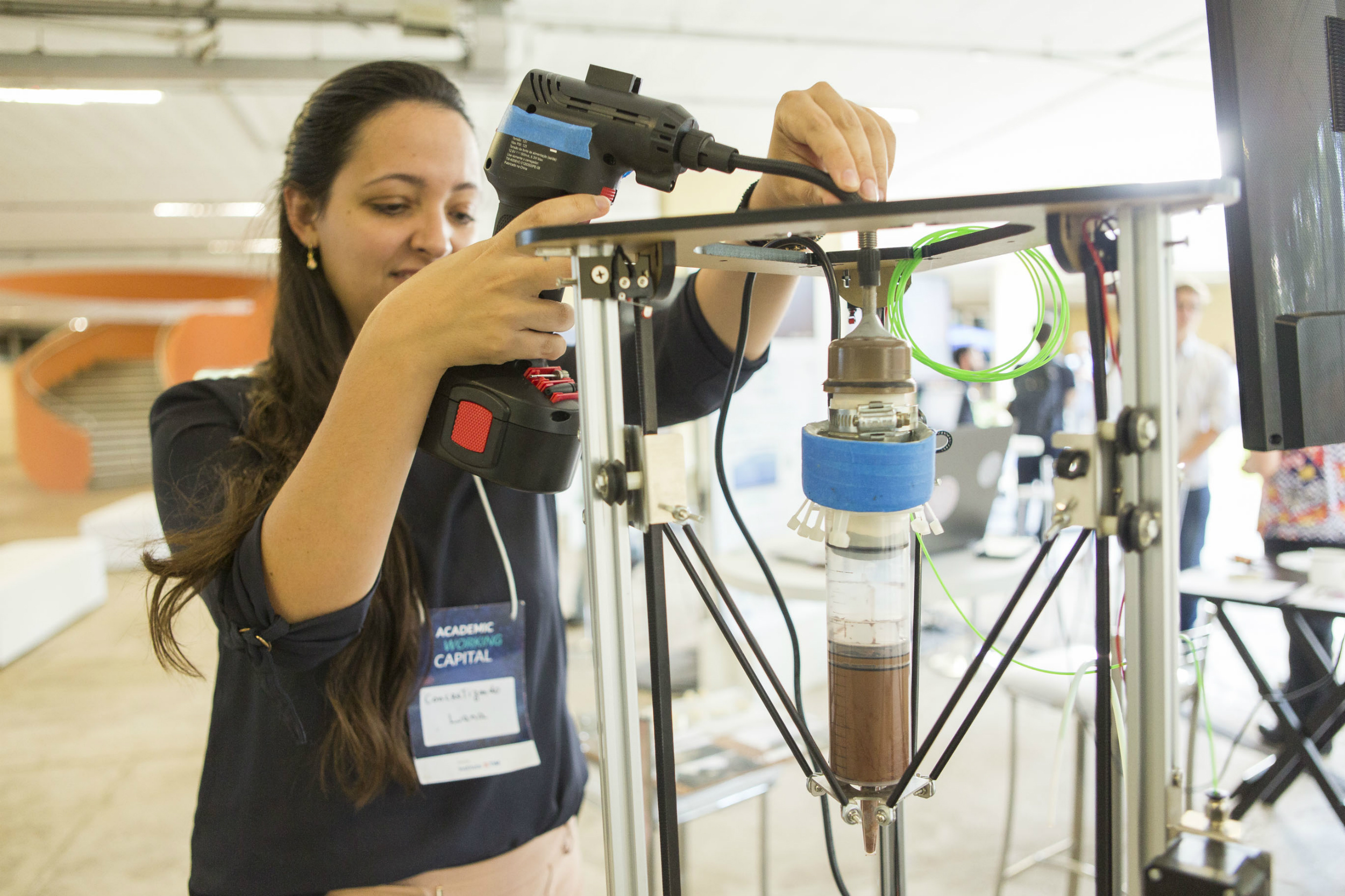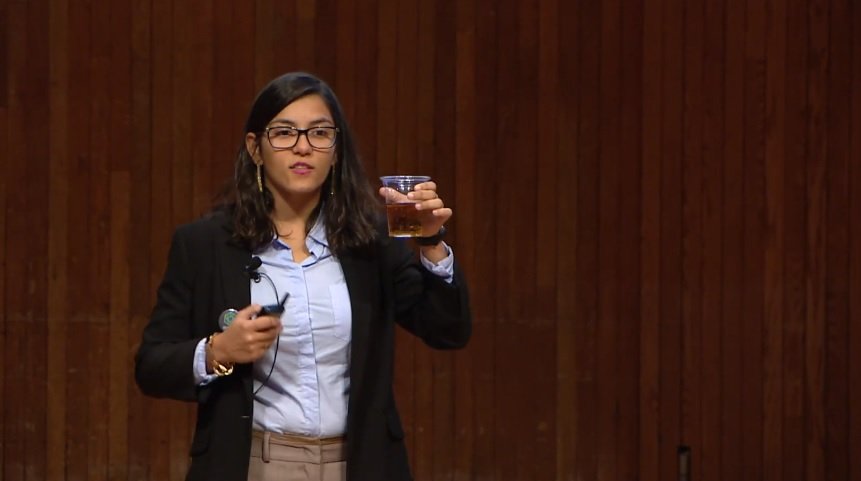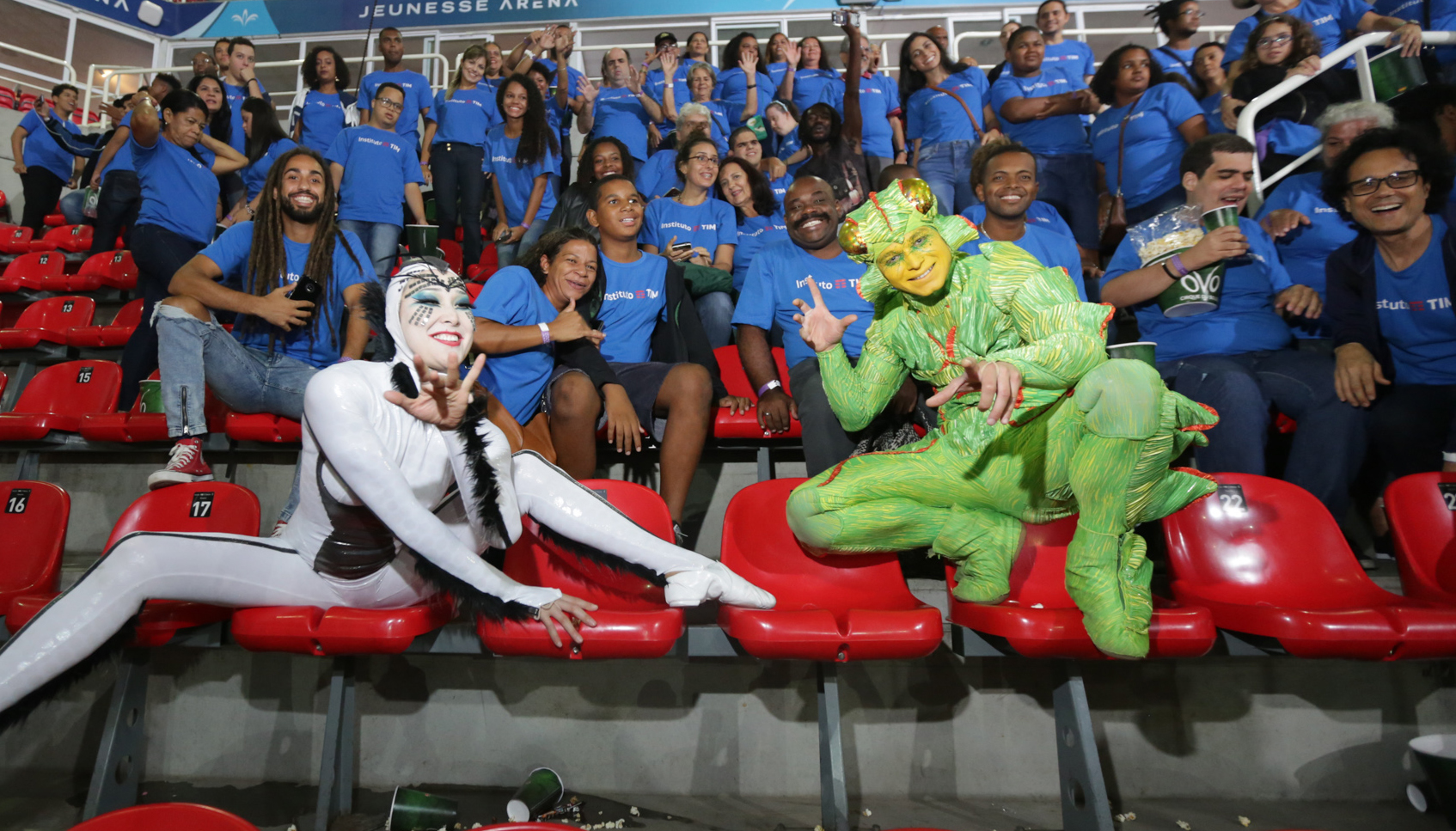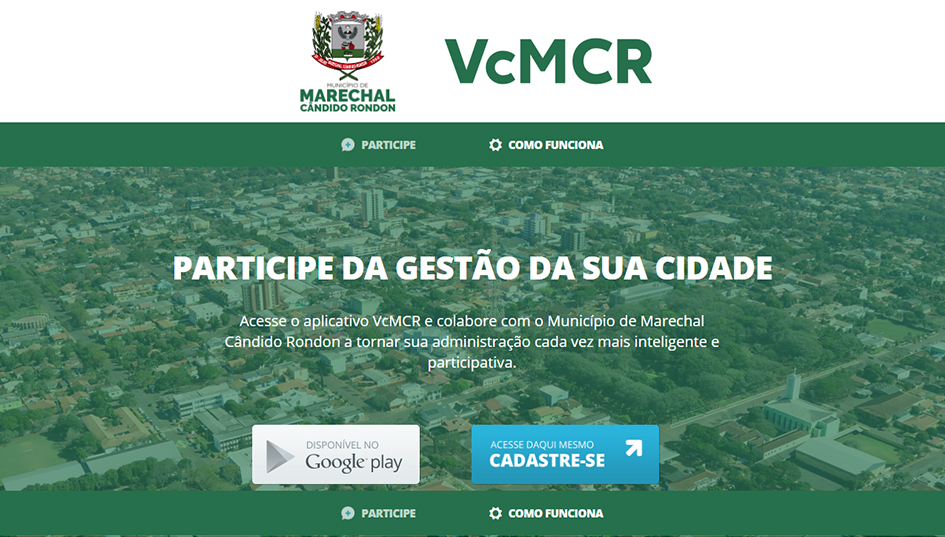
Marechal Cândido Rondon, in the west of Paraná, is the first municipality to do an autonomous deployment of the free software for management of services and urban assets ZUP – Zeladoria Urbana Participativa (Participatory Urban Governance), developed by Instituto TIM. Named as VcMCR, the platform began to be deployed in September 2017 and was launched to the community on April 17 of this year. Since then, 144 reports of irregularities have been sent through the application to the citizen, with an average solution time of 5.71 days.
Vilson Carlos Kickow, draughtsman of the Department of Coordination and Planning, says that there was an old interest in the City Hall to deploy a geo-referenced system (since the city is numbered atypically and, therefore, the addresses do not correspond to the mapping of common GPS). There was also a desire to integrate the management of the City Hall and give people more feedback on management. That was when his colleague João Paulo Polles, a computer technician from the Administration Secretariat, met ZUP through Particity – ZUP’s deployment in Cascavel-PR, which is 80 km from Marechal. They both understood that the software could contribute to these goals. “The regular employees brought a solution, observed in another municipality, that would meet and bring a benefit to this administration”, explains Vilson.
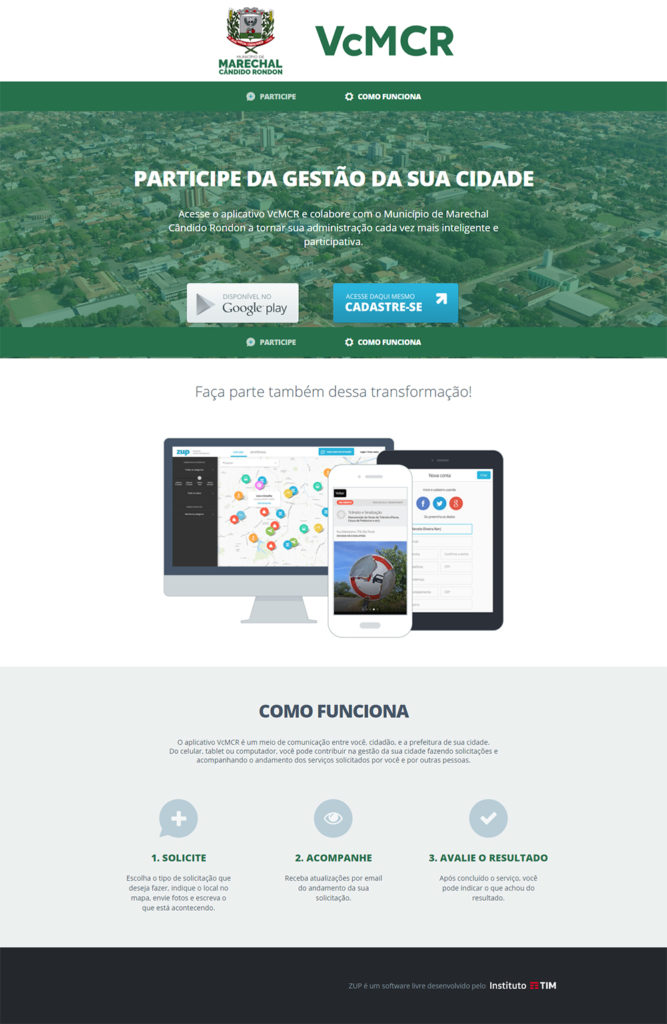
With the support of Mayor Marcio Rauber, Marechal’s team started the deployment of the platform completely autonomously. They implemented the API, the web system and the application for the citizen in the Android version, and are testing the ZUP Técnico (Technical) application, aimed at the servers that work in the field. There are some differences with regard to VcSBC, from São Bernardo do Campo-SP, which also adopted the application for the citizen: the main one is that, although the report can be accessed by the application, its progress is not notified by the cell phone. VcMCR’s primary mean of contact is the email – the understanding of the team is that most of people will use the computer to check their alerts instead of the cell phone, especially the merchants.
Currently, the application allows reports on three types of service: public lighting (lamp off, daylight bulb, oscillating lamp, broken or missing lamp), garbage collection (collecting common trash, recyclable waste collecting – the city has selective collection divided by days of the week and zoning) and reporting of dengue mosquito outbreaks. Most of the reports, about 90%, are about public lighting.
Of the three services, two are carried out by outsourced companies (public lighting and garbage collection) and the feedbacks have been positive. “Outsourced companies have already said ‘how cool this app is,'” says Vilson. Another perception came from the lighting company, which decided, based on reports from the VcMCR, to change the supplier. A week after changing a light bulb, they noticed that the complaints continued. The reason was the poor quality of the lamp holder materials, which shortened its durability.
“We make complaints within the platform”, says João Paulo. “It happened to me. Some lamps in an avenue near my house were changed, I realized that it was working, and days later I saw that the same lamp broke. There is this question that is the citizen who supervises”, he adds.




































































































